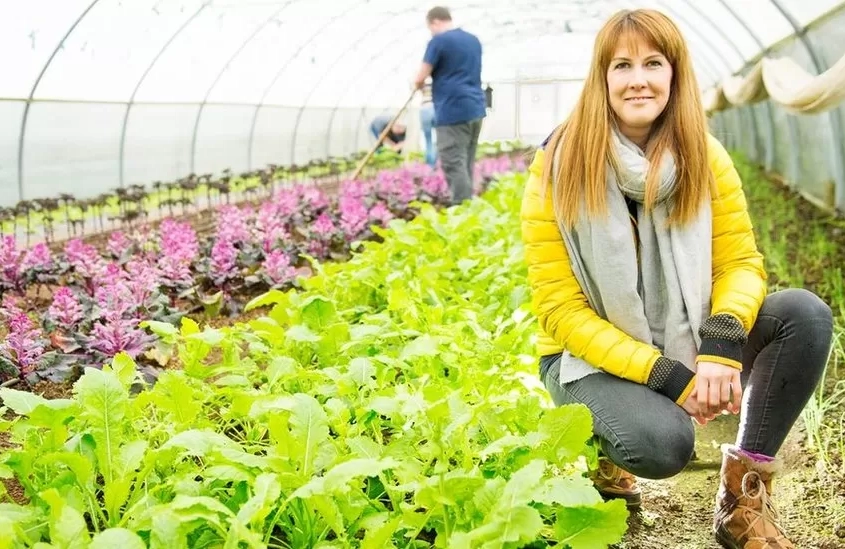Prince William, Harry Kane and Declan Rice on mental health
Prince William sat down with England stars Harry Kane and Declan Rice to discuss football and mental health.
The new Prince of Wales said the sport had taught him that “disappointment is a part of life”.
The trio tell how football has helped their mental wellbeing during a 25-minute video available on YouTube.
Prince William said when playing football at school he looked to ex-England defender Rio Ferdinand for inspiration.
The episode, released before the World Cup gets under way later this month, is hosted by Kelvyn Quagraine and organised by football media company Copa90 with the Royal Foundation.
During their conversation the prince, an Aston Villa fan, highlights the work of Shout, a free and confidential 24-hour text messaging service for people struggling with their mental health.
He said: “You learn by playing a number of times, and many other things in life, that disappointment is part of life and how you handle it is crucial.
“Handling some of those really disappointing England results in the past, that was hard, I found that really difficult, because again the same euphoria that we had comes crashing down.
“You feel high and all together, and then normal life just gets on again.”
Prince William added that he has a “lot of friends” he met through playing football in his youth.
“Some of the greatest friendships are born from playing games and being pushed together in slight adversity,” he said.
He recalled playing four simultaneous matches at school with around 60 pupils, using multiple balls.
“The sheer size and scale and just the fun of everyone running around chasing each other, I loved it,” he said.
“I was a defender, I was stuck at the back and told to just tackle.”
Spurs striker Kane remembered his father giving him £5 after he scored his first goal when he was five years old, and spoke about the Harry Kane Foundation, which has partnered with Shout.
“My aim is to, especially to the younger generation, talk to them and try and provide ways of talking about mental health and wellbeing,” said the England captain.
“The more we talk about it and open up, it will definitely help solve and hopefully encourage people not to be afraid to ask for help, especially when you are feeling a little bit lower.”
Euro 2020 defeat ‘brought England squad together’
West Ham captain Rice said that as a child he loved playing football with his older brothers, and that England’s loss in the Euro 2020 final last year brought the squad closer together.
“There was a special moment after that game, the togetherness when we all came into a huddle after we’d lost that, and Gareth [Southgate] said some really important words,” the midfielder said of the final defeat by Italy.
“As a group, I think that brought us forward together because then we had to qualify for a World Cup in the next round of games.
“We really overcame that setback of losing that final, showed our togetherness and our strength and I feel that we are in a really good place as a national team.”











